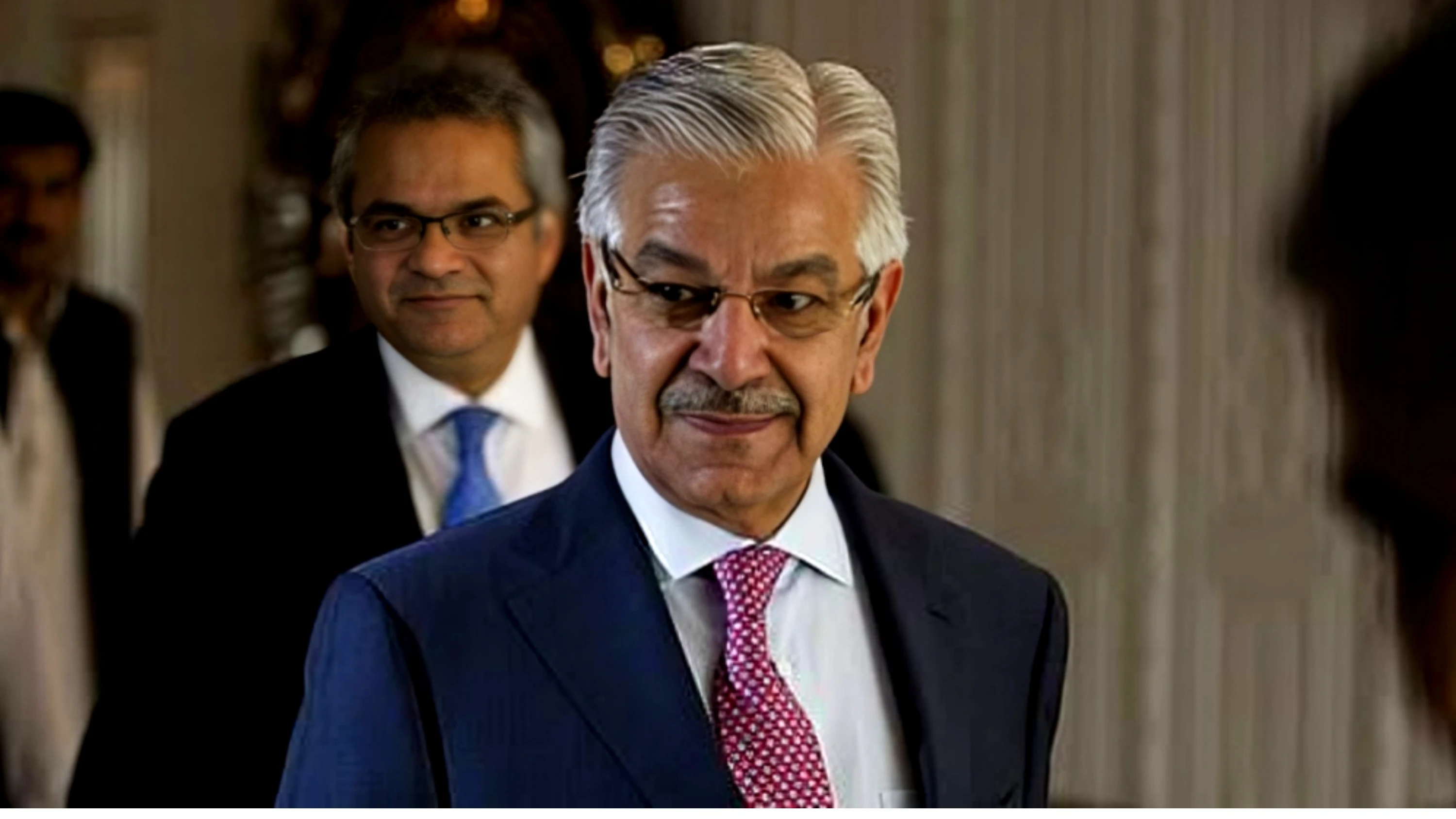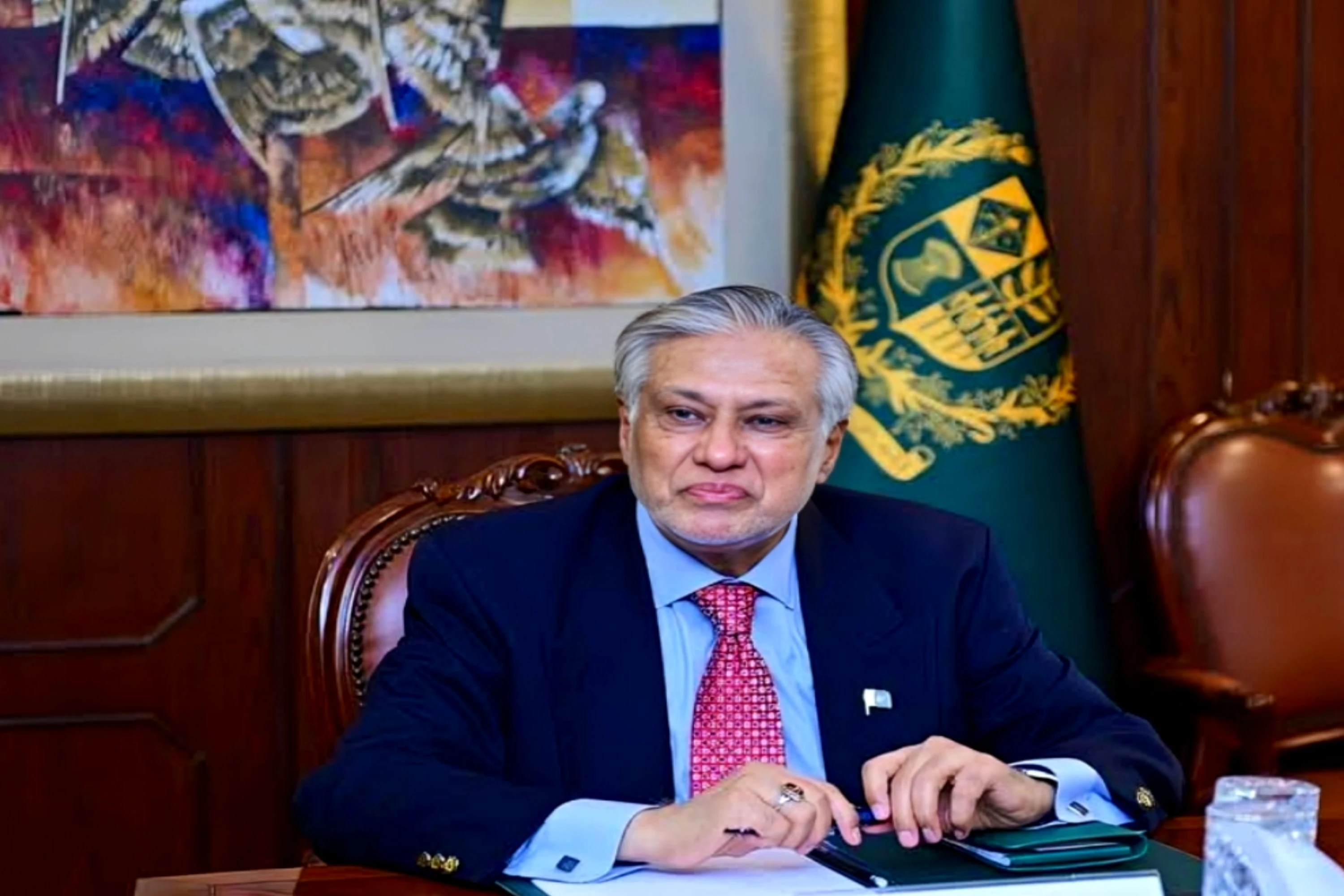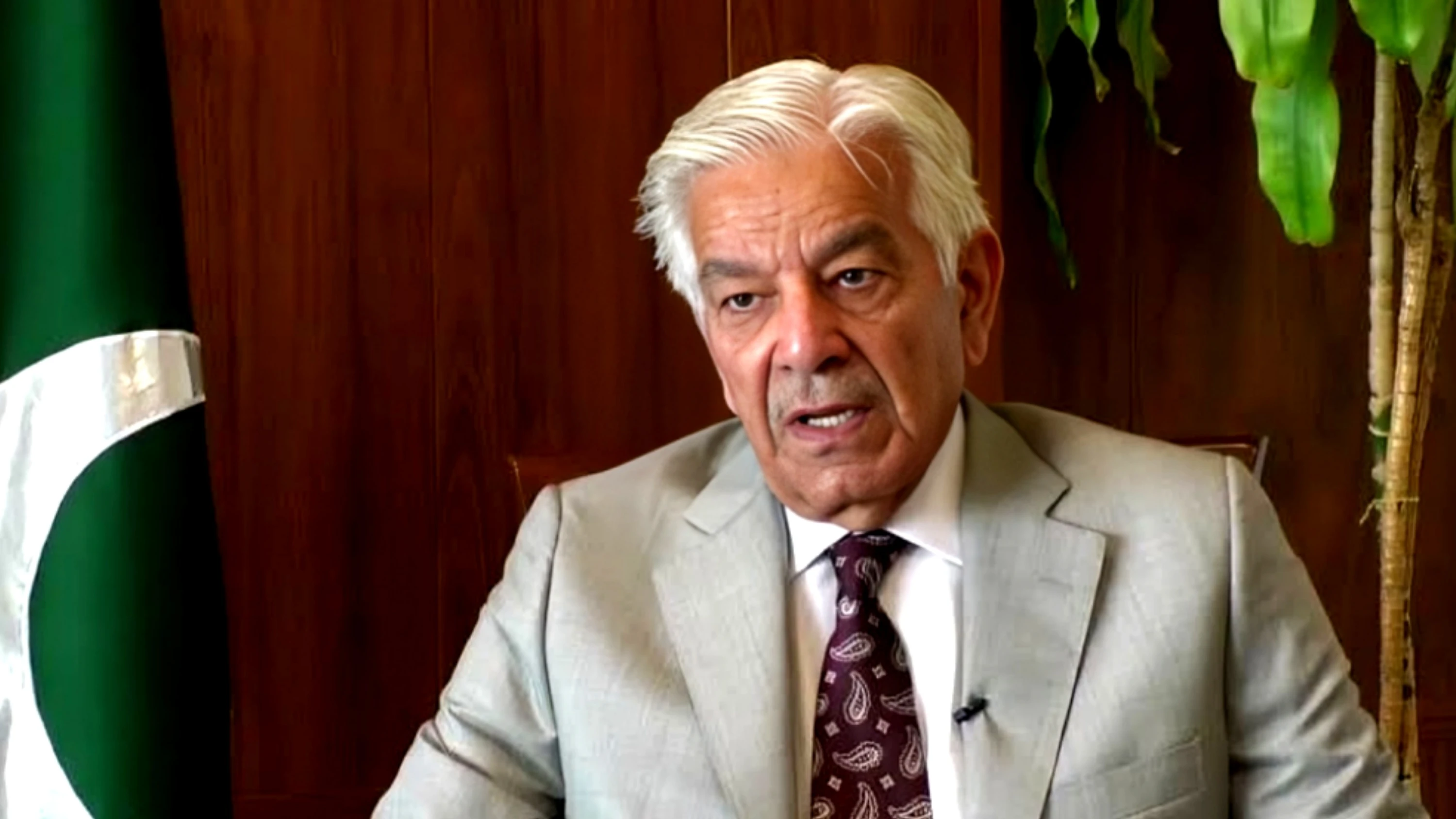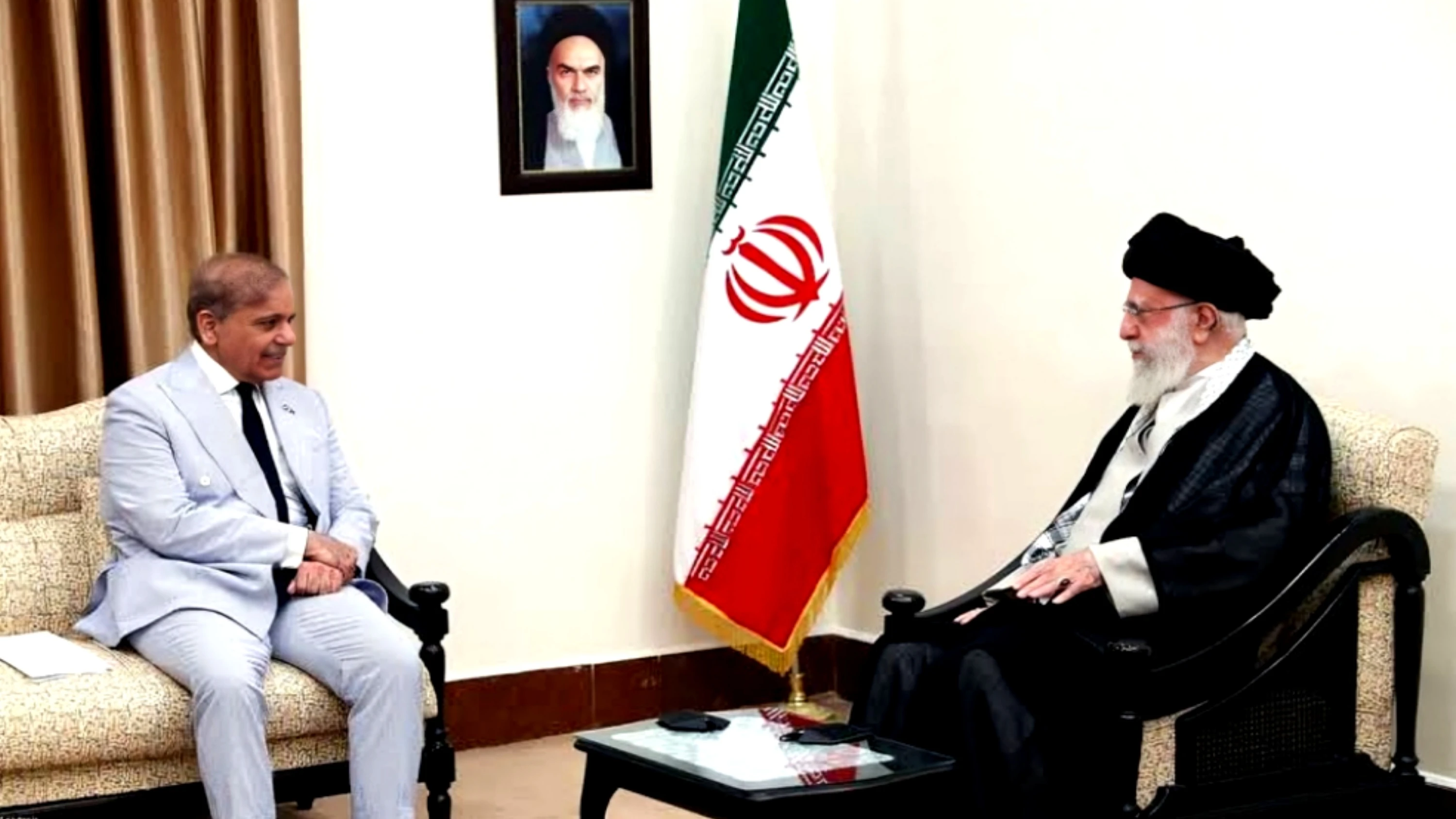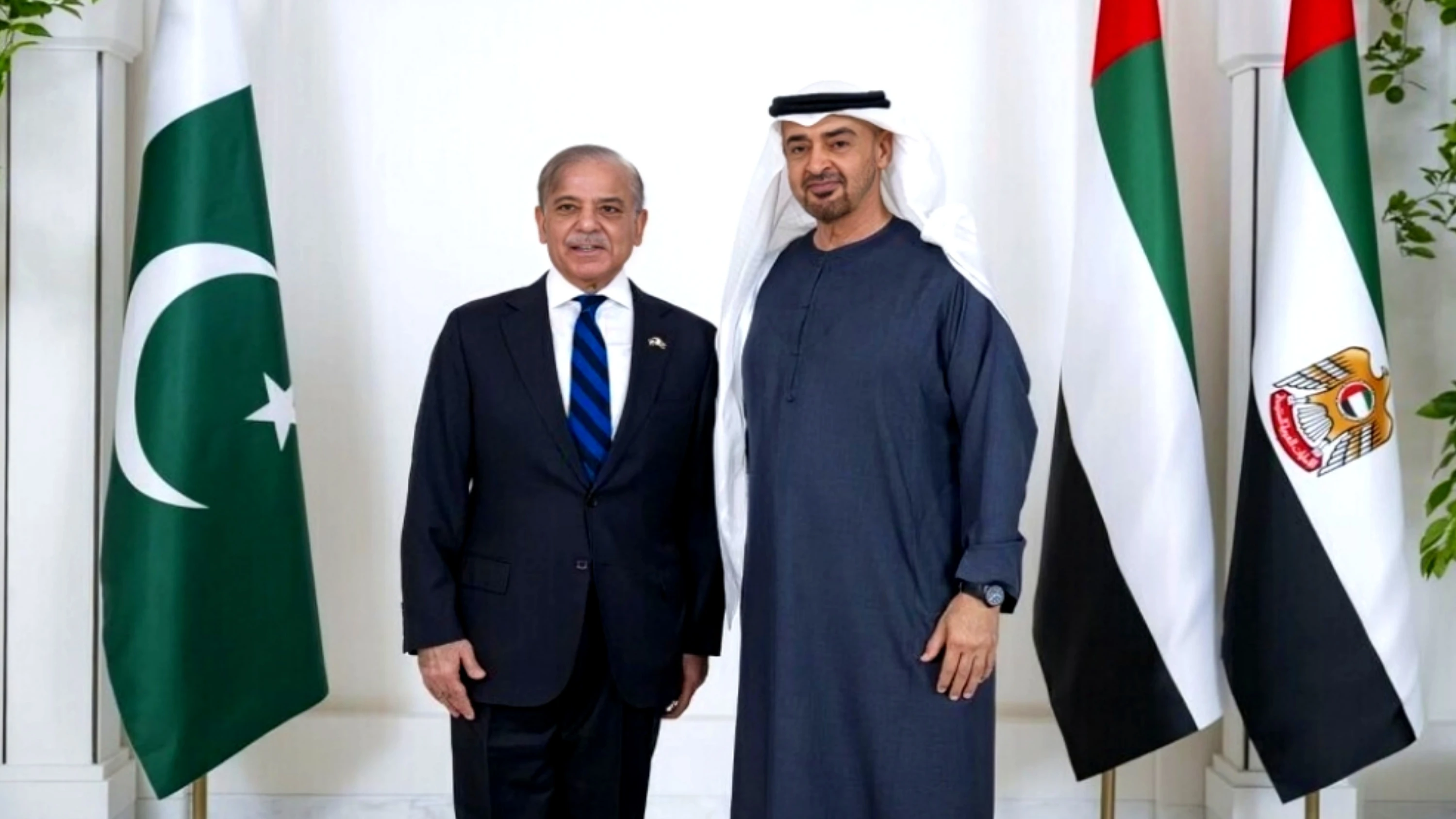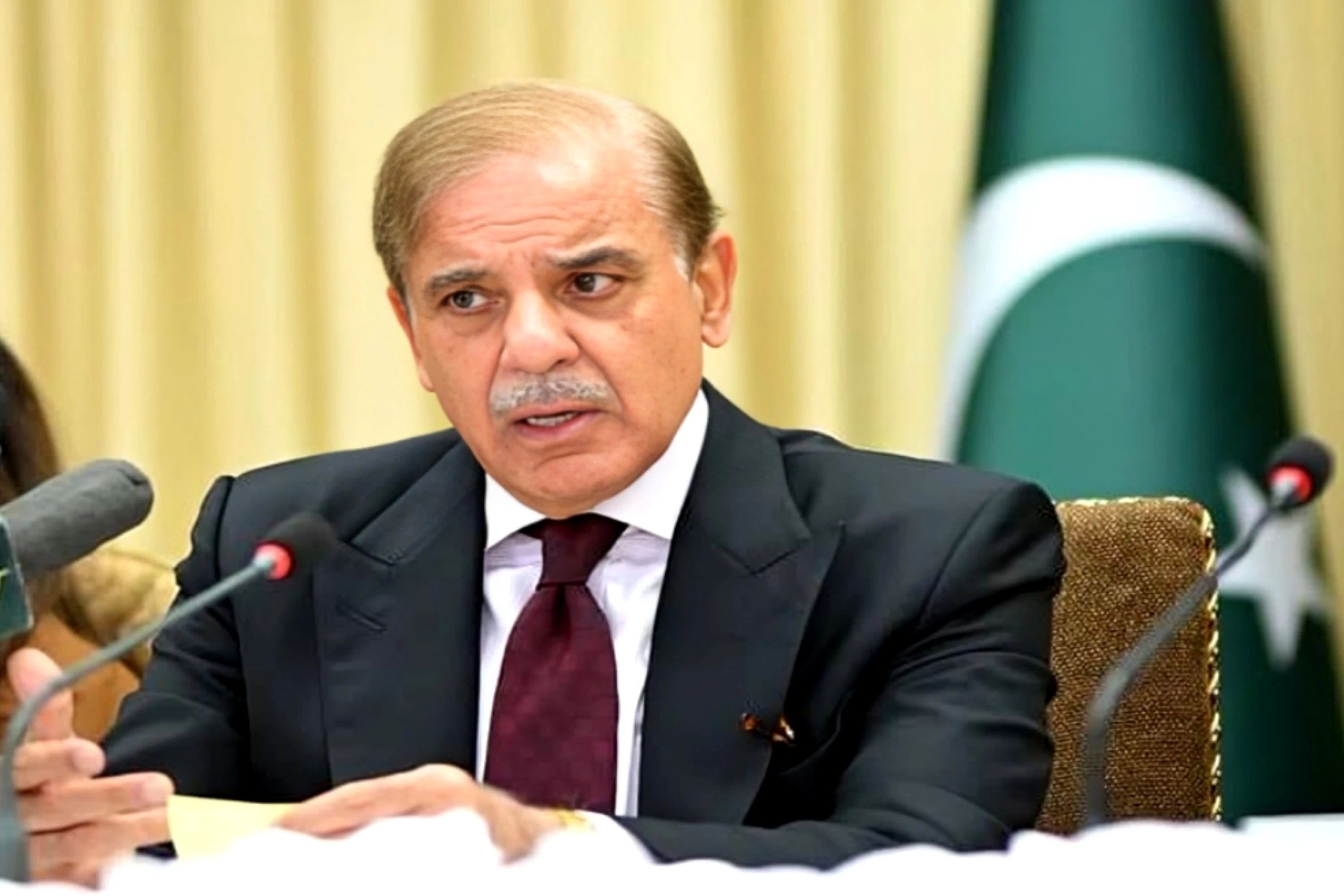ISLAMABAD: The federal government has confirmed that there will be no reduction in the base electricity tariff for now, though a quarterly adjustment of Rs1.90 per unit will be implemented in line with interest rates and exchange rate fluctuations. A temporary relief of Rs1.71 per unit—linked to increased petroleum levy—may remain in place until the next fiscal year.
Addressing a press conference in Islamabad, Federal Minister for Energy Owais Ahmad Khan Leghari said that all Independent Power Producers (IPPs) under the China-Pakistan Economic Corridor (CPEC) are protected under the current policy framework. However, the government is negotiating the re-profiling of their debt and the conversion of imported coal-fired plants to local coal. The benefits from these changes will eventually be passed on to consumers.
Leghari acknowledged that the International Monetary Fund (IMF) and other development partners generally do not support price reductions unless linked to comprehensive sector reforms. He said persistent consultations have helped build confidence among these partners about the sustainability of Pakistan’s power sector and future price relief in the next 3–4 years.
At a public hearing held by the National Electric Power Regulatory Authority (NEPRA), the Power Division disclosed that a Rs1.71 per unit reduction will apply from April to June due to the petroleum levy hike. An additional Rs1.90 per unit in negative quarterly adjustment will also be applied during the same period.
Moreover, a Rs1.36 per unit negative monthly fuel adjustment is planned—Rs0.46 for April alone and Rs0.90 from April to June. These adjustments will provide a total relief of Rs4.97 per unit. A further Rs1 per unit cut is anticipated for the third quarter, bringing the total projected relief to Rs5.98 per unit. Including reduced sales tax impact of Rs1.42 per unit, the total benefit announced by Prime Minister reaches Rs7.41 per unit.
Leghari emphasized that the sustainability of this relief depends on swift structural reforms. He also confirmed that the quarterly tariff adjustments will continue to be influenced by exchange rate and interest rate volatility. For example, a Rs1 change in exchange rate affects power sector costs by Rs8–10 billion, while a 1% interest rate change impacts tariffs by Rs6 billion.
Responding to questions on the delay in adjusting the base tariff by Rs7.91 per unit as proposed last July, Leghari stated that the matter is still pending with the regulator and will likely be reviewed in early FY2025.
He also highlighted that renegotiations with 30 IPPs and revisions for six government-owned power plants (GPPs) have led to projected savings of Rs3.696 trillion. Of this, Rs2.661 trillion was saved from GPPs, while Rs1.034 trillion came from renegotiations with IPPs. These include Rs297 billion in savings from five terminated contracts, Rs502 billion from 16 IPPs under the 1994 and 2002 power policies, and Rs235 billion from nine other IPPs.
Leghari detailed reforms under the Indicative Generation Capacity Expansion Plan (IGCEP), which aims to ensure that future power procurement follows competitive, least-cost principles. Strategic plants may be financed through public funds without burdening consumers.
He further announced that future power procurement will no longer be handled by the Central Power Purchasing Agency (CPPA), paving the way for a competitive market model and ending the single-buyer system. Transmission constraints currently prevent the supply of cheaper coal-based electricity from the south to northern load centers, which could otherwise reduce national tariffs by Rs2 per unit. These barriers will be addressed through public-private partnerships.
The minister estimated the circular debt for FY2025 at Rs2.429 trillion. Despite projections of a Rs300 billion increase, actual debt declined by Rs9 billion from July to December, showing a Rs339 billion improvement. Technical inefficiencies in distribution companies (DISCOs) were also better than expected, with a Rs145 billion improvement.
However, Leghari expressed concern over poor governance in Hyderabad and Sukkur DISCOs, which exceeded their loss targets by Rs20 billion. These companies have yet to establish independent boards of directors.
He reaffirmed the continuation of a Rs3.23 per unit debt servicing surcharge, which will help eliminate Rs2.4 trillion in circular debt over six years. Only Rs300 billion in late payment surcharges will remain, to be addressed through improved efficiencies and financing arrangements.
In terms of privatization, Leghari announced that DISCOs in Islamabad, Faisalabad, and Gujranwala will be handed over to the private sector in the first phase, followed by those in Lahore, Multan, and Hazara. DISCOs in Hyderabad, Sukkur, and Peshawar will be privatized through long-term concession agreements, while those in tribal areas and Quetta will be retained in the public sector for reforms before transferring management control to private operators.



